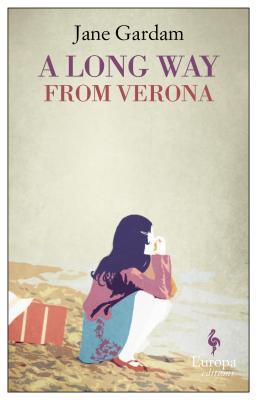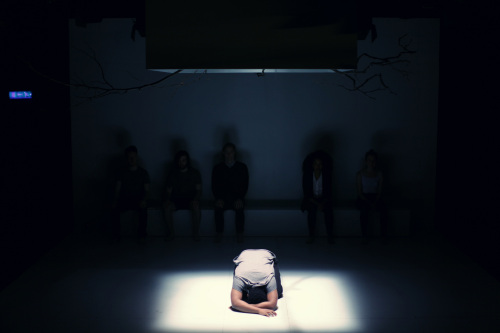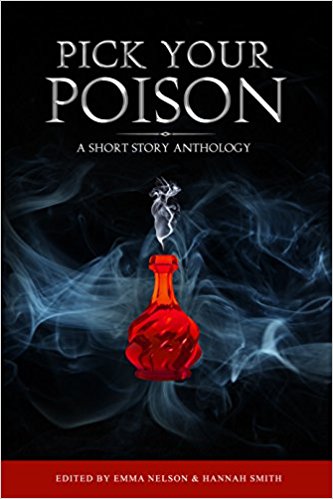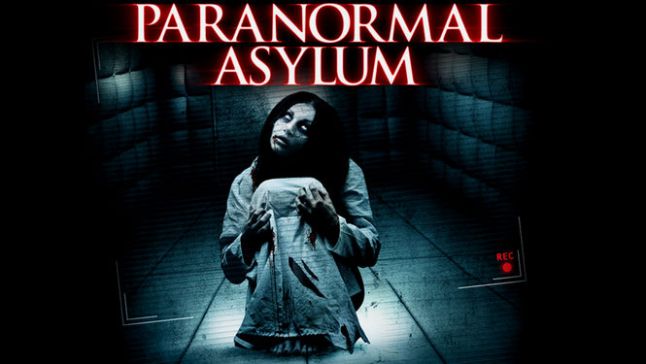
A librarian recommended this book as part of a column for NPR–books you missed in x year. The cover is lovely and modern and the story is lovely and historical. WWII England, actually, with whiffs of the wardrobe and C.S Lewis’s Narnia in the distant background as children leave London for the “countryside” to be safe, only to have their school blown up by an English pilot trying to land and discharging his payload with poor aim.
WWII England is the setting, but this story is really about a young writer, Jessica Vye, whose father was a schoolmaster and then a parson who writes political columns in his study for the New Statesman and, she discovers, is somewhat famous for them.
Jessica feels different from everyone–peers, family, neighbors. She is not, she notes, popular, but does have one good friend, Florence and some other friends who hang around because of Florence. She rubs her teachers the wrong way. She is bright and writes what she knows is a wonderful essay–spends all weekend on it–and eagerly awaits the praise she knows it deserves, only to be berated in front of the class for having spent too much time on it and for not burning it when she thought it was good because anything you think is good is rubbish and should be burned. Cheery.
An author visits Jessica’s school and she slips him a bit of her writing and asks him to tell her if it is any good, but to say nothing if it is not. Just before her family moves, she receives a letter telling her she is a writer. Later she reads a terrible book given to her by a librarian and her heart sinks when she realizes it was written by the visiting author.
She survives a bombing raid in Dunedin Street and realizes the cool handsome boy with whom she was falling in love is still a child. After days of sleeping following the experience, she writes a poem in one sitting that needs no revision and, again, gives it to a teacher and asks her to decide if it is any good and to submit it to a national poetry contest if it is and to say nothing if it is not. When she wins, she is stunned, certain it is a mistake and the teacher and the contest judges were rubbish.
Jessica not only feels herself different and separate. In a few instances, she sees herself floating above her body; she watches herself as an observer.
She finds her mother ridiculous, her little brother too infantile for his age, her father brilliant but too distant and distracted.
Jessica is a fascinating character around whom interesting events happen and in whom interesting interior monologues occur. The prose is haunting. Jessica’s isolation may resonate with many of us–whether as adults or reflecting back on our adolescence.
Finished 2/19/17
Advertisements Share this:





